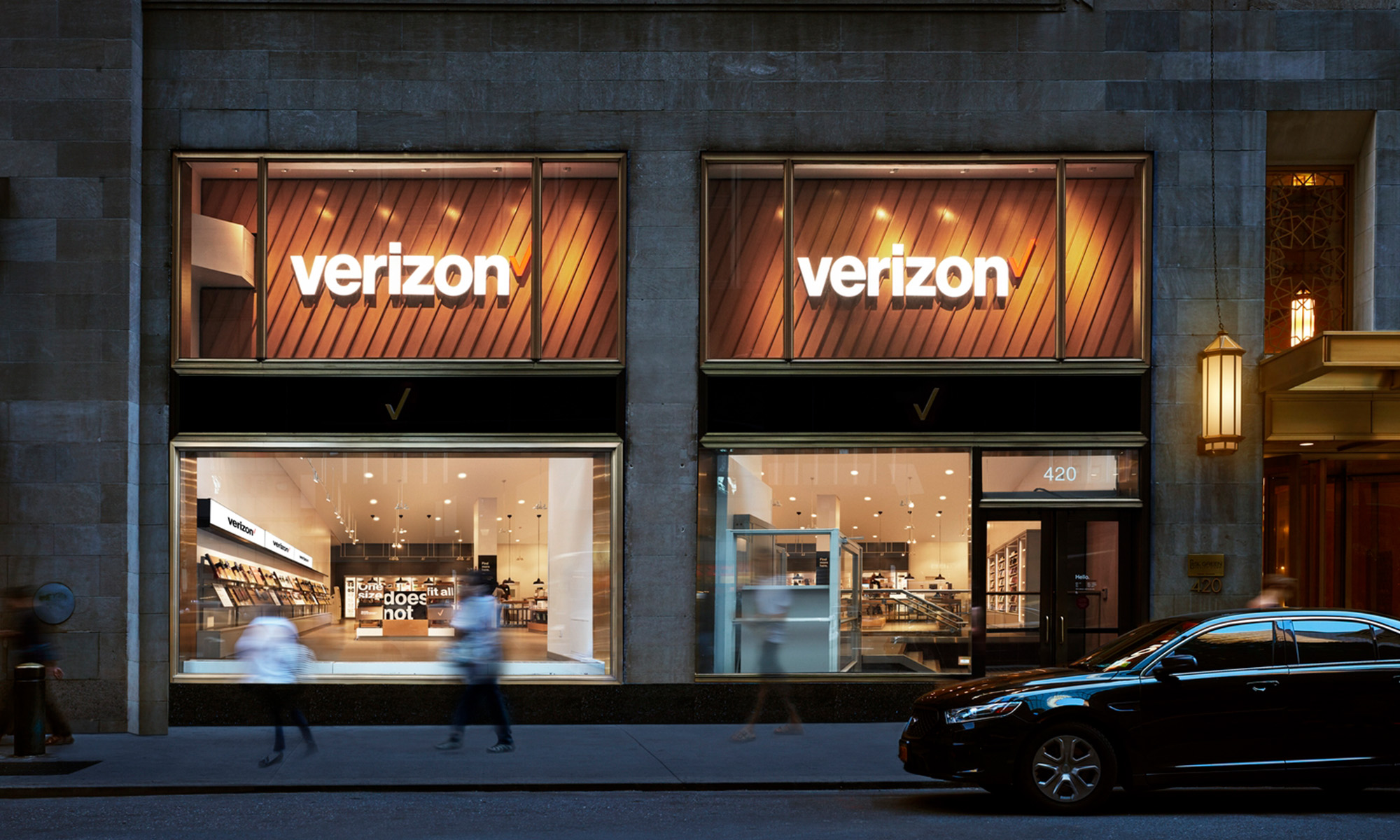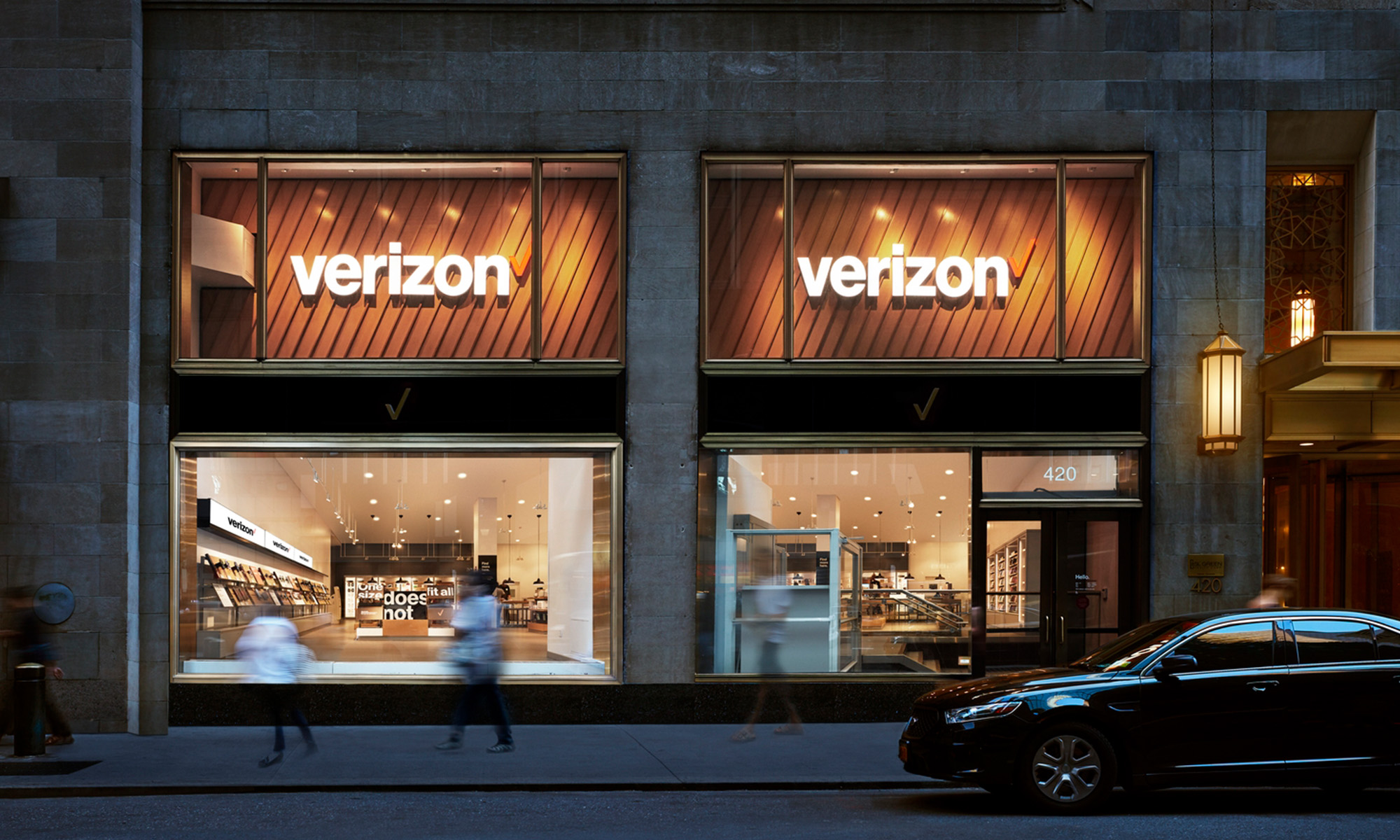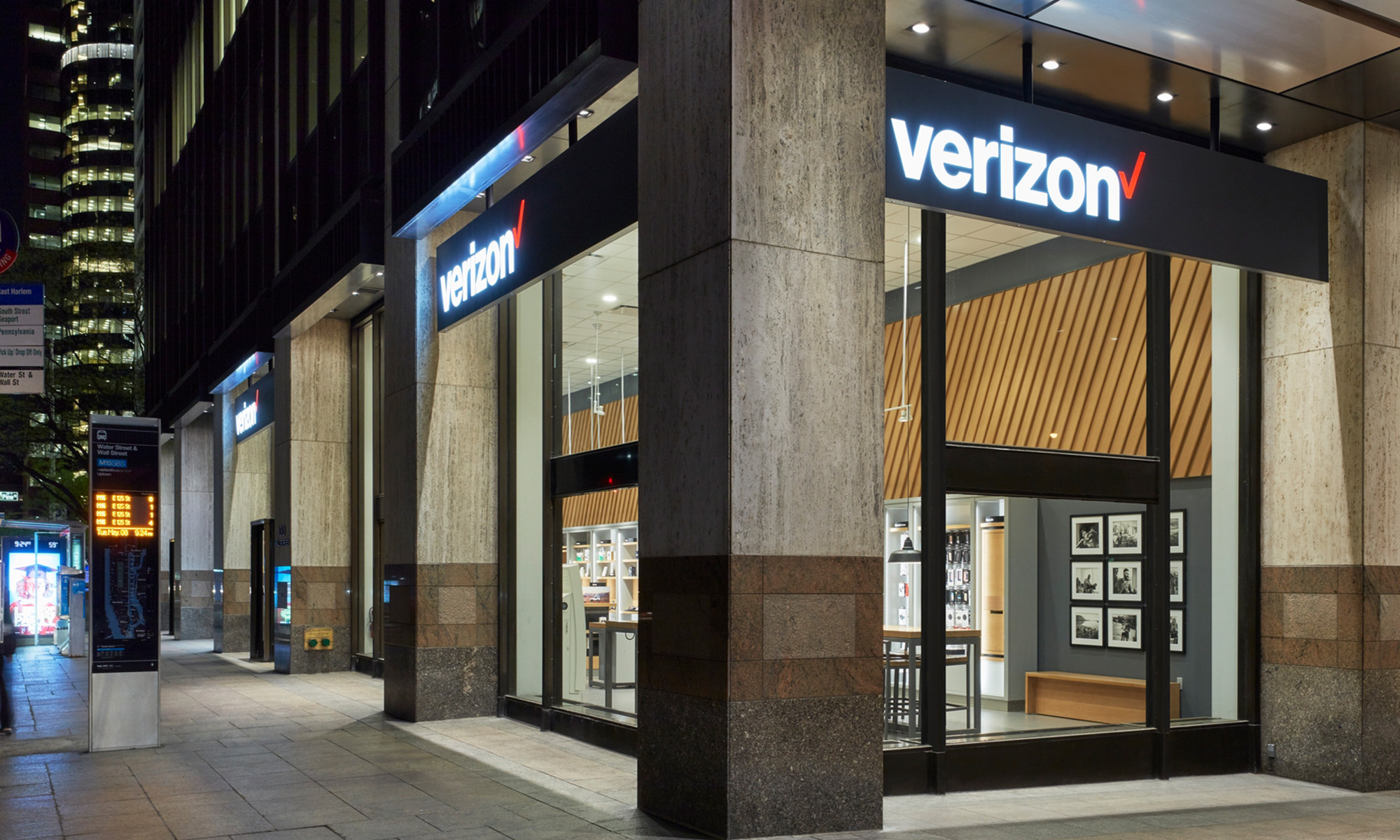The unpredictable nature of the market makes it difficult to foresee where any stock will trade five years from now. However, Verizon (VZ +11.83%) may offer more visibility than other stocks.
To date, Verizon is one of only three companies that has constructed a 5G nationwide wireless network within the U.S. Analysts anticipate high demand for 5G, and each company has spent tens of billions in capital expenditures on this undertaking. These two factors make it likely that AT&T (T +4.30%) and T-Mobile US (TMUS +4.12%) will remain Verizon's only major competitors. However, how Verizon fares against these companies as well as the growth of 5G itself should hold tremendous sway over where Verizon stock trades five years from now.

Image source: Getty Images.
Verizon versus its peers
Verizon is staking its future on 5G. Yes, the company flirted with owning media properties when it bought AOL and Yahoo!. However, the subsidiary that owns these properties, now called Verizon Media, makes up a relatively small part of the company.
This is a departure from AT&T, which spent tens of billions to acquire DirecTV and Time Warner. This strategy is wrought with uncertainty and has left AT&T with a debt level significantly higher than that of Verizon ($154 billion versus $117 billion).
Verizon's largely singular 5G focus has arguably brought its stock more stability than AT&T. While Verizon stock has seen steady growth over the last 10 years, AT&T has failed to gain traction. Still, both of these stocks saw their growth lag the S&P 500 as they paid higher dividend yields on payouts that increased annually.
Verizon's dividend, which will amount to $2.46 per share this year, yields about 4.4% and has risen for each of the last 15 years. However, with a payout ratio of around 51.7%, it claims just a bare majority of the company's profits.
AT&T's yield of 7.1% may look more appealing. Nonetheless, with a 35-year streak to maintain, and the dividend's claim on about 64.5% of the company's net income, that company's stock faces somewhat more pressure to continue financing the dividend.
The other major competitor, T-Mobile, does not pay a dividend. Still, it has seen the most significant amount of stock growth. Moreover, with the recent takeover of Sprint, T-Mobile could become a more significant threat to both Verizon and AT&T.
Verizon in five years
However, how much this competitive challenge affects Verizon over the next five years remains in question. Verizon's 5G will probably have matured considerably during that time. With people, businesses, and devices utilizing the network, this should continue to generate revenue for the telecom stock. Moreover, all of its competitors face massive capital expenditures to build their networks. This should give Verizon and its peers considerable power within the marketplace. Furthermore, the high cost of building these networks also makes the kind of price war that T-Mobile initiated in the 3G and 4G eras less likely. This should help Verizon boost company profits over time.
Its market power could also help Verizon in one key area: debt reduction. As mentioned before, Verizon does not have as much debt as AT&T. However, at $106.56 billion, it remains considerable. When subtracting liabilities from assets, Verizon's equity stands at $61.65 billion. Hence, these obligations place a significant strain on the balance sheet.
Still, Verizon's streak of dividend increases will likely continue. In the previous quarter, the company generated $4.41 billion in cash flow, significantly more than the $2.55 billion the company spent on payouts. Hence, the telecom giant does not appear to have any obvious obstacles that would threaten a rising dividend. Furthermore, the growth in payouts could help Verizon stock eventually become a Dividend Aristocrat like its peer, AT&T.
Where Verizon may stand out is on speed and coverage. The company took an early lead in launching the first 5G networks. In January, it also set a goal of launching four times as many 5G-compatible devices on its network this year. How the COVID-19 pandemic will impact that goal remains unclear, though the company said that 5G construction remained on schedule.
Also, the company likes to remind prospective customers that it offers the most extensive nationwide network, as well as its No. 1 ratings from the likes of J.D. Power, Nielsen, and Opensignal. Time will tell if it maintains that designation as 5G matures.
Verizon's current lead in network launches does not necessarily mean it will hold the edge on 5G launches five years from now. Also, with the high costs that come with building out 5G, we will have to wait to see whether Verizon can justify the cost to maintain its high ratings. However, the current market lead forces both AT&T and T-Mobile to play catch-up. It also makes it more likely that Verizon will remain both a growth and an income play for years to come.









